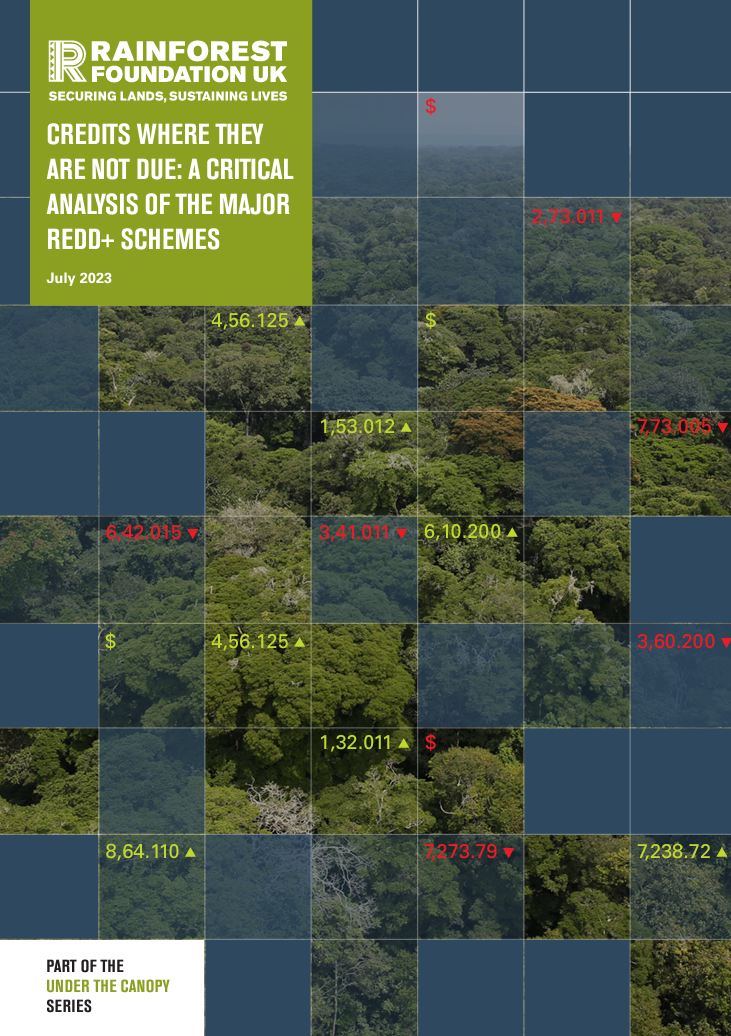Credits Where They Are Not Due: A Critical Analysis of the Major REDD+ Schemes
Using a comparison of four Reducing Emissions from Deforestation and Forest Degradation (REDD+) schemes this report provides an analysis of their weaknesses and strengths as well as their potential in reducing deforestation and degradation. Two of the REDD+ schemes used in the analysis are jurisdictional level initiatives, the ART-TREES credits in Guyana as well as as a sovereign REDD+ scheme in Gabon. Through the report’s analysis, it find that these jurisdictional schemes can overcome some of the problems associated with project-level REDD+ schemes. These problems include conflict of interests within the REDD+ systems, lack of transparency and issues surrounding the validation and verification of the efficacy of the schemes.
The analysis in the report finds that there is very little evidence that REDD+ in its current form has led to meaningful reductions in deforestation and degradation, and thus global carbon emissions. It recommends that there is a need for a less convoluted form of financing mechanism to assist in the protection of forests in poorer countries, and to achieve true REDD+, which goes beyond carbon offsets and credit generation.
